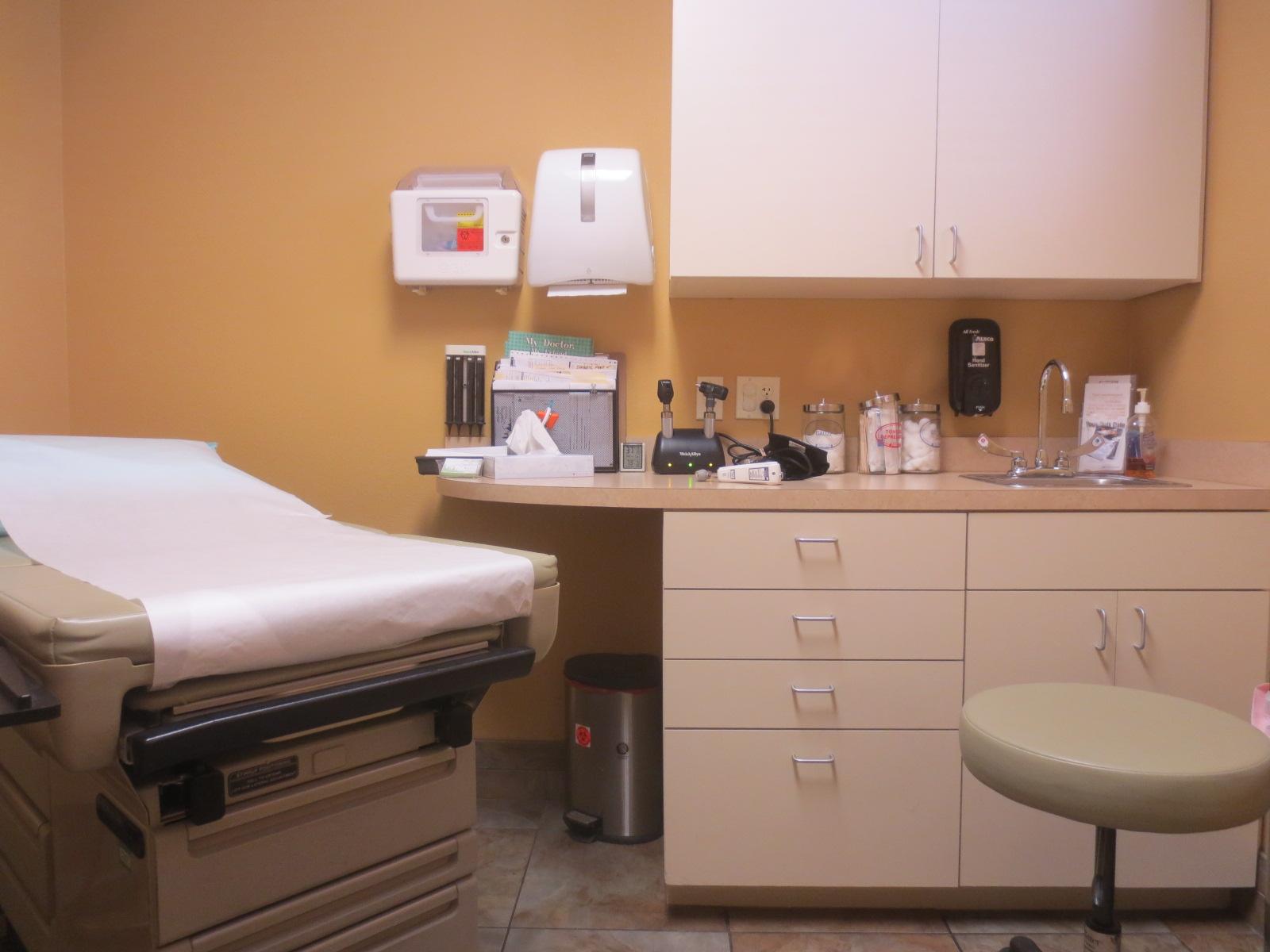The day started as a regular, nondescript morning.
I was preparing to see my patients. I picked up my phone and saw news that three coordinated suicide bombings had just occurred in Brussels, Belgium.
I went through the all-too-familiar ritual that a lot of Muslims go through, of hoping that the perpetrators would not be identified as sharing my faith.
There's this voice in the back of your mind you keep hearing: "Please don't be Muslim. Please don't be Muslim." Because otherwise you know a cycle will ensue. A cycle of polarization, of vilification.
And at the very end of all that, a collective guilt many adherents of Islam feel.
So, as I went into a patient's room that day, I was saddled, or burdened, with some of these thoughts. And when I went to examine her I saw that she was completely engrossed in the television. And she was distressed. Outraged. It was quite palpable.
As I examined her she started speaking, very upset. She looked at me and said, "These foreign people only come here to kill and ruin things." And then: "Donald Trump is right. America should ban all Muslims from immigrating here."
Naturally, I was shaken.
Then she said, "I'm sorry, but your people and people who look like you make me uncomfortable." She refused to let me take care of her any further. Refused to let me provide any further medical treatment.
It was jarring. I wondered how my humanity, my sincerity, my medical training had been made irrelevant in mere seconds.
And with her words, the xenophobia and Islamophobia that have been ascendant in our current political climate suddenly infiltrated the sacred patient-doctor relationship. This was a bond that I always felt was impregnable, and suddenly it had been broken by discrimination.
But medicine is something far greater than one patient experience that went awry.
The teachings of my faith to practice mutual respect and tolerance — and, of course, the Hippocratic Oath — compel me to continue to do my work with dignity, despite these types of interactions.
That's why the next day, when I visited the same patient's door, I didn't hesitate to knock.
Jalal Baig is a physician in Chicago and a fellow in the department of Hematology and Oncology at the University of Illinois, Chicago Hospital. He shared a similar commentary in the Washington Post.
The day started as a regular, nondescript morning.
I was preparing to see my patients. I picked up my phone and saw news that three coordinated suicide bombings had just occurred in Brussels, Belgium.
I went through the all-too-familiar ritual that a lot of Muslims go through, of hoping that the perpetrators would not be identified as sharing my faith.
There's this voice in the back of your mind you keep hearing: "Please don't be Muslim. Please don't be Muslim." Because otherwise you know a cycle will ensue. A cycle of polarization, of vilification.
And at the very end of all that, a collective guilt many adherents of Islam feel.
So, as I went into a patient's room that day, I was saddled, or burdened, with some of these thoughts. And when I went to examine her I saw that she was completely engrossed in the television. And she was distressed. Outraged. It was quite palpable.
As I examined her she started speaking, very upset. She looked at me and said, "These foreign people only come here to kill and ruin things." And then: "Donald Trump is right. America should ban all Muslims from immigrating here."
Naturally, I was shaken.
Then she said, "I'm sorry, but your people and people who look like you make me uncomfortable." She refused to let me take care of her any further. Refused to let me provide any further medical treatment.
It was jarring. I wondered how my humanity, my sincerity, my medical training had been made irrelevant in mere seconds.
And with her words, the xenophobia and Islamophobia that have been ascendant in our current political climate suddenly infiltrated the sacred patient-doctor relationship. This was a bond that I always felt was impregnable, and suddenly it had been broken by discrimination.
But medicine is something far greater than one patient experience that went awry.
The teachings of my faith to practice mutual respect and tolerance — and, of course, the Hippocratic Oath — compel me to continue to do my work with dignity, despite these types of interactions.
That's why the next day, when I visited the same patient's door, I didn't hesitate to knock.
Jalal Baig is a physician in Chicago and a fellow in the department of Hematology and Oncology at the University of Illinois, Chicago Hospital. He shared a similar commentary in the Washington Post.
